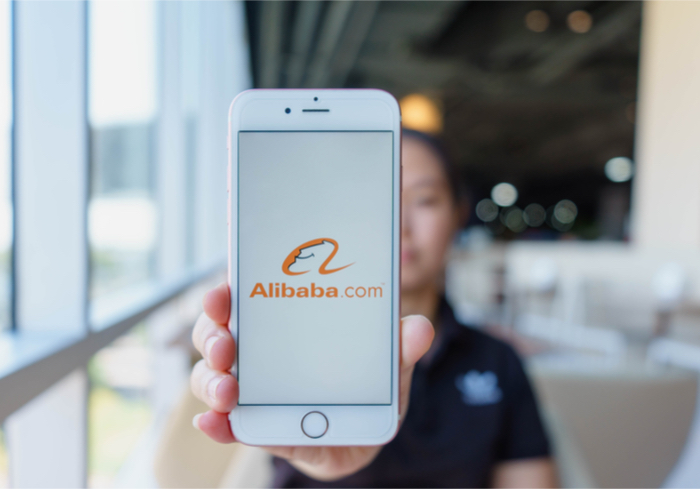Alibaba Is Hungry For Food Delivery Service Ele.me

In a possible deal to strengthen its delivery network in China, Alibaba reported plans to buy out Baidu and other investors in food delivery startup Ele.me. If the deal goes through, Alibaba would control a large portion of the online food delivery business in China, Bloomberg reported.
Already, Alibaba owns 23 percent of Ele.me — which translates to “hungry yet?” — as of May. To buy out the remaining shares, a source familiar with the potential deal told Bloomberg, Alibaba plans to purchase stock from other investors that own shares — including Baidu.
While it’s not publically known how much Alibaba plans to pay for the shares, Ele.me was reportedly valued somewhere in the neighborhood of $5.5 billion to $6 billion last May. Then Ele.me went ahead and bought Baidu’s delivery business, which had a $500 million valuation in 2017.
Since discussions are ongoing, the terms of the deal could change — or the deal might not happen at all. But if the deal were to go through, Alibaba would compete with Tencent’s food delivery service, Meituan-Dianping.
Overall, the market for services provided via mobile phone, whether to place food delivery orders or to book beauty treatments, for example, is booming in China. Bloomberg noted that sales of this type were forecasted to hit $1.1 trillion in 2017.
The food delivery market in China is attractive to both Alibaba and Tencent because it’s one of the retail segments seeing growth. Alibaba is currently the largest shareholder in Ele.me, and Tencent holds a minor stake. Alibaba also has its Koubei service, which enables users to book spa treatments and restaurant reservations from their mobile phones.
Alibaba has been in expansion mode as its core eCommerce market in China continues to get saturated. It’s also been growing its Alipay mobile payment service and Ali Cloud web hosting service.
Back when Alibaba first made the investment an Ele.me, it said it would fit into its mold of funding in the online-to-offline market. This has also included cab-hailing companies that help connect consumers to services online or via mobile app.